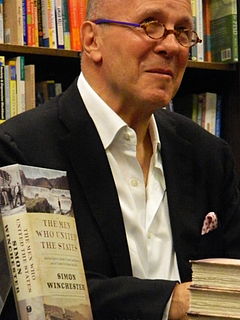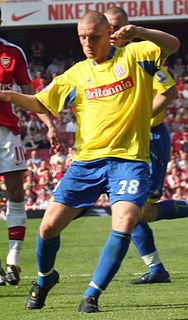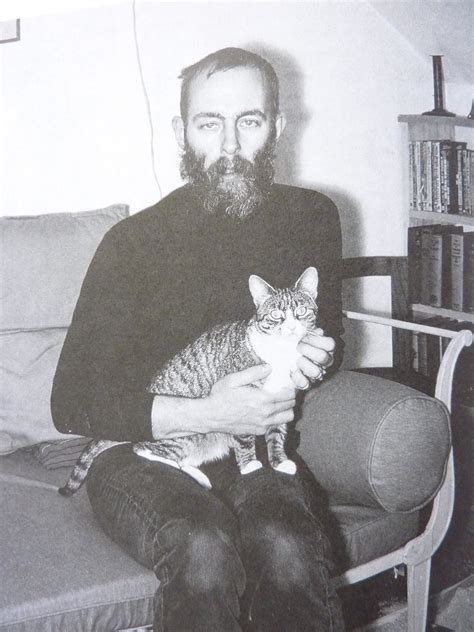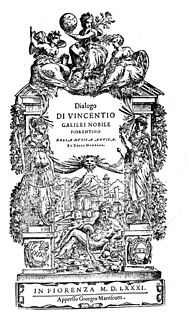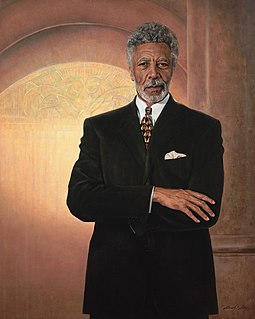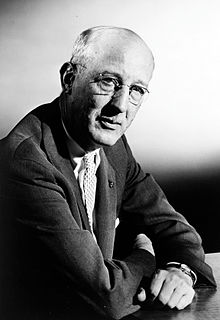A Quote by Simon Winchester
Any grand new dictionary ought itself to be a democratic product, a book that demonstrated the primacy of individual freedoms, of the notion that one could use words freely, as one liked, without hard and fast rules of lexical conduct.
Related Quotes
Words do not necessarily make us moral. And there have been presidents before who have stumbled over syntax and looked foolish when the words they have been forced to speak have been their own. But Trump is uniquely stunted. A child listening to two of his speeches could reproduce a third without the use of a dictionary.
I had to really do some studying and examination of my own songwriting and I realized that, there's not a formula by any stretch of the imagination and aren't any rules, but there are principles. The first one is that art is a process, not a product. In fact, that holds true for damn near everything we do in life. The product is just something that happens. If you're faithful to the process, the product takes care of itself.
The feeling for what ought and ought not to be grows and dies like a tree, and no fertilizer of any kind will do much good. What the individual can do is give a fine example, and have the courage to firmly uphold ethical convictions in a society of cynics. I have for a long time tried to conduct myself this way, with varying success.
Lexical variety, eccentric constructions and punctuation, variant spellings, archaisms, the ability to pile clause on clause, the effortless incorporation of words from other languages: flexibility, and inclusiveness, is what makes English great; and diversity is what keeps it healthy and growing, exuberantly regenerating itself with rich new forms and usages.
It appears to me that those who rely simply on the weight of authority to prove any assertion, without searching out the arguments to support it, act absurdly. I wish to question freely and to answer freely without any sort of adulation. That well becomes any who are sincere in the search for truth.
The government ought to be in the business of delivering health, education, housing, and basic services to people without a lot of game playing. There ought to be comprehensive childcare, a comprehensive approach to housing, a sane, rational way to finance education. But I also strongly believe in the notion of fundamental individual freedom.
Living in the now is freedom from all problems connected with time. You ought to remember that sentence, you ought to memorize it, and ought to take it out, you ought to practice it, you ought to apply it. And most of all, you ought to rejoice in it because you have just heard how not to be wretched, miserable you any more but to be a brand new, and forever brand new man or woman.
I really liked the idea of creating a journal myself. It's like the way I clear my throat. I write a page every day, maybe 500 words. It could be about something I'm specifically worried about in the new novel; it could be a question I want answered; it could be something that's going on in my personal life. I just use it as an exercise.
Nathan Bedford Forrest ... used his horsemen as a modern general would use motorized infantry. He liked horses because he liked fast movement, and his mounted men could get from here to there much faster than any infantry could; but when they reached the field they usually tied their horses to trees and fought on foot, and they were as good as the very best infantry. Not for nothing did Forrest say the essence of strategy was to git thar fust with the most men.
To Jacob the act of critiquing art was essentially imprecise. That's why he didn't read reviews on anything he liked, be it a book, a movie, or a record. He believed that any work an artist puts forth which contains the truth as he or she sees it is worthy of consideration, and any commentary of the work beyond that is nothing more than pure individual opinion and should not be considered relevant to the work itself.
I hadn't had a book in my hands for four months, and the mere idea of a book where I could see words printed one after another, lines, pages, leaves, a book in which I could pursue new, different, fresh thoughts to divert me, could take them into my brain, had something both intoxicating and stupefying about it.
